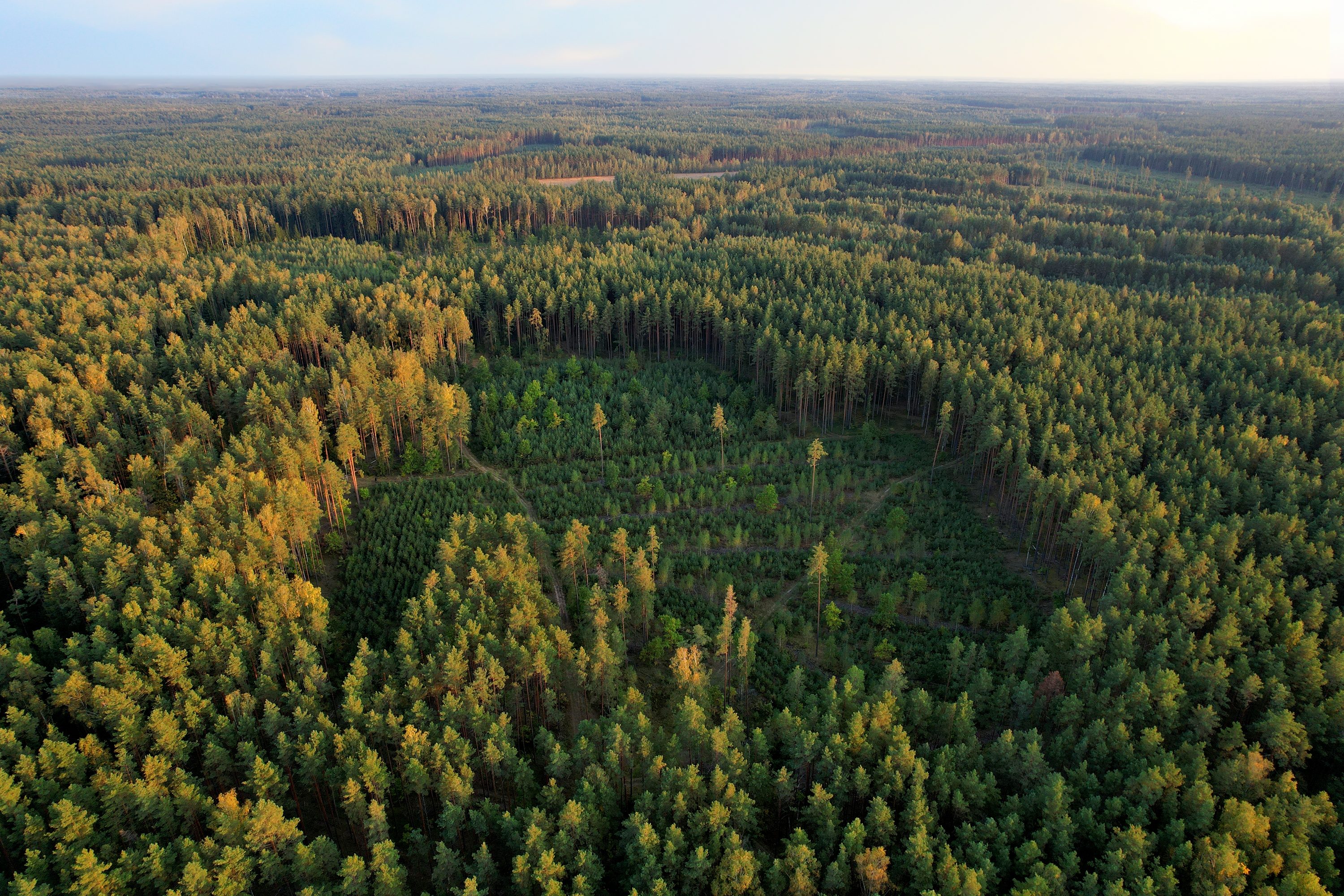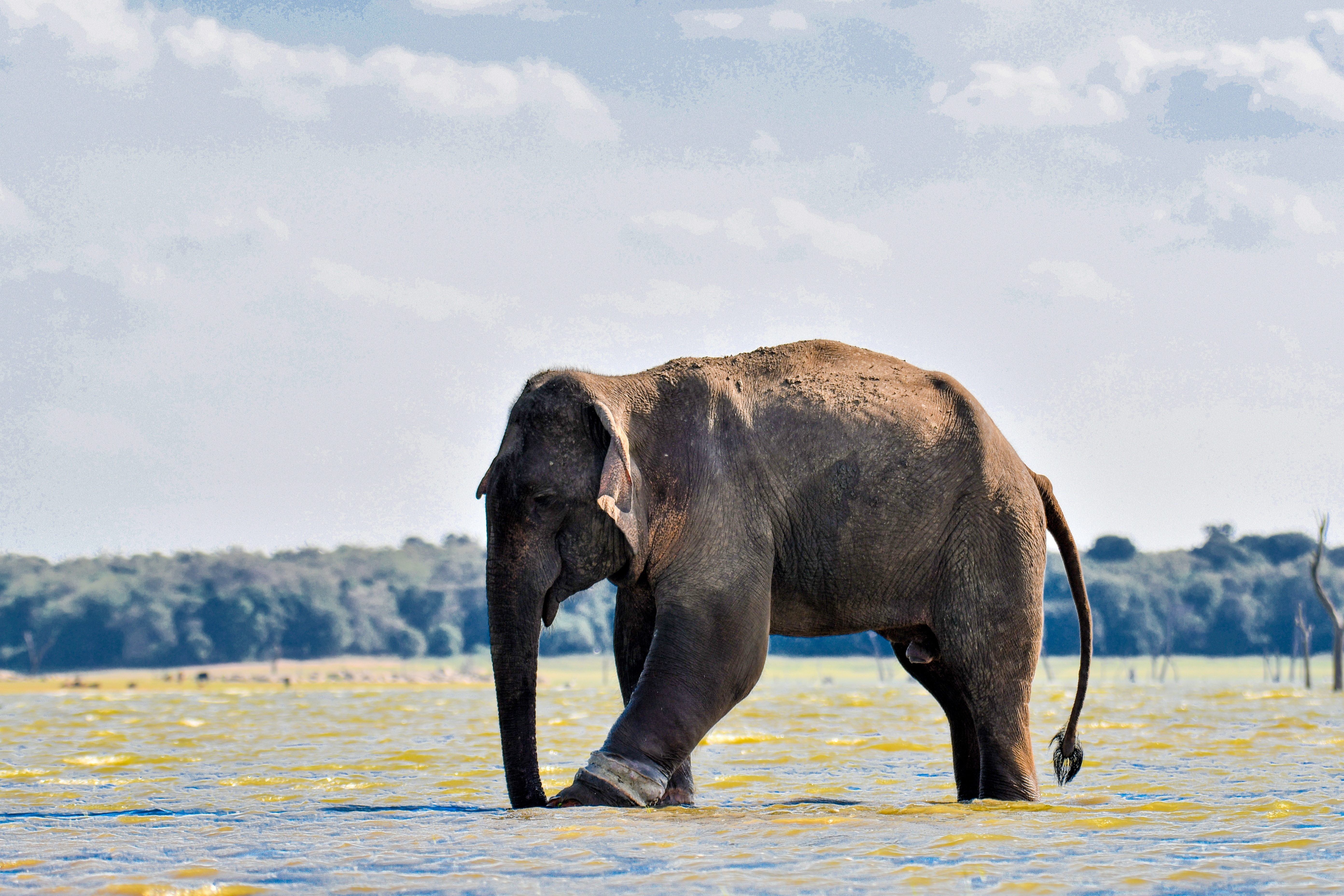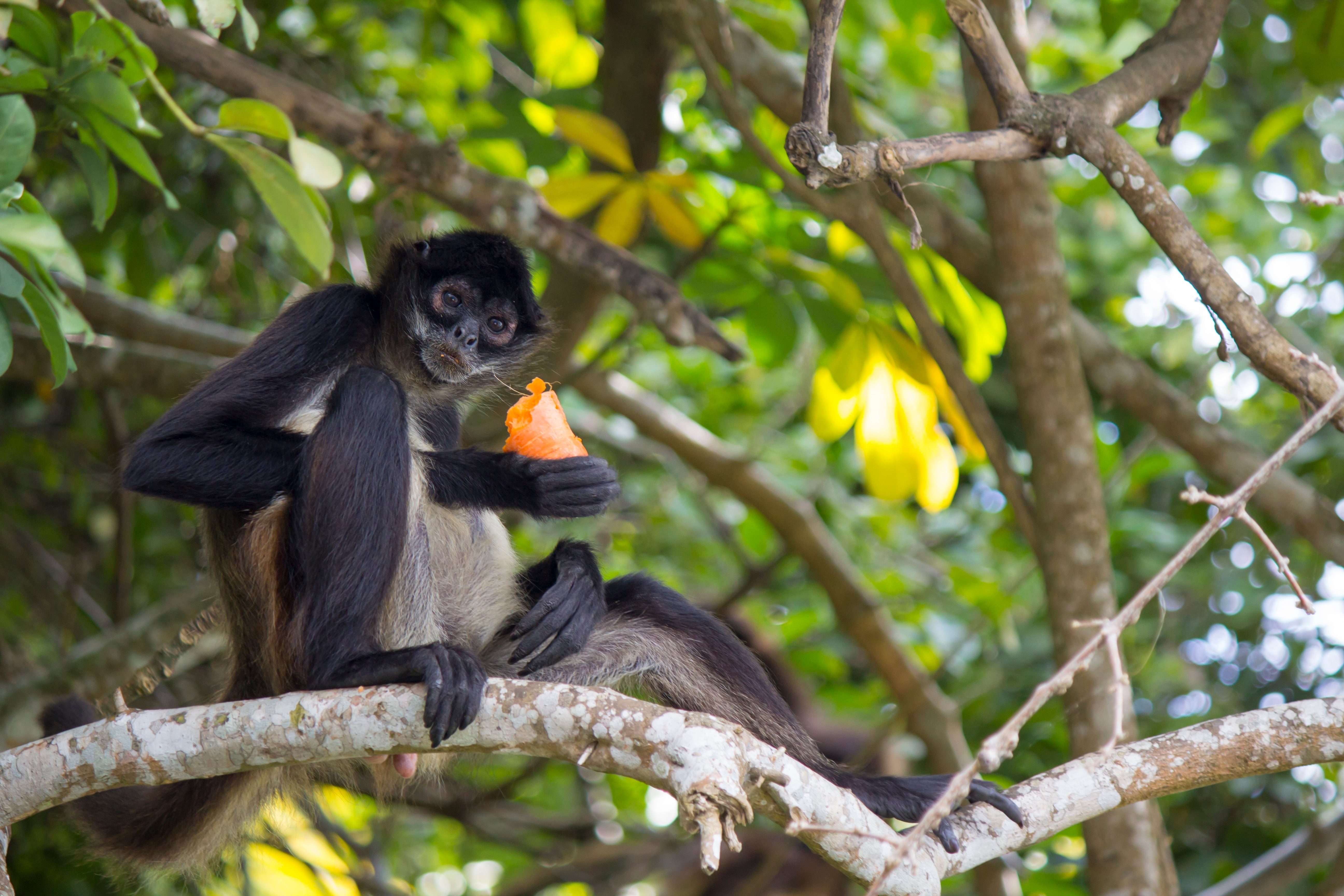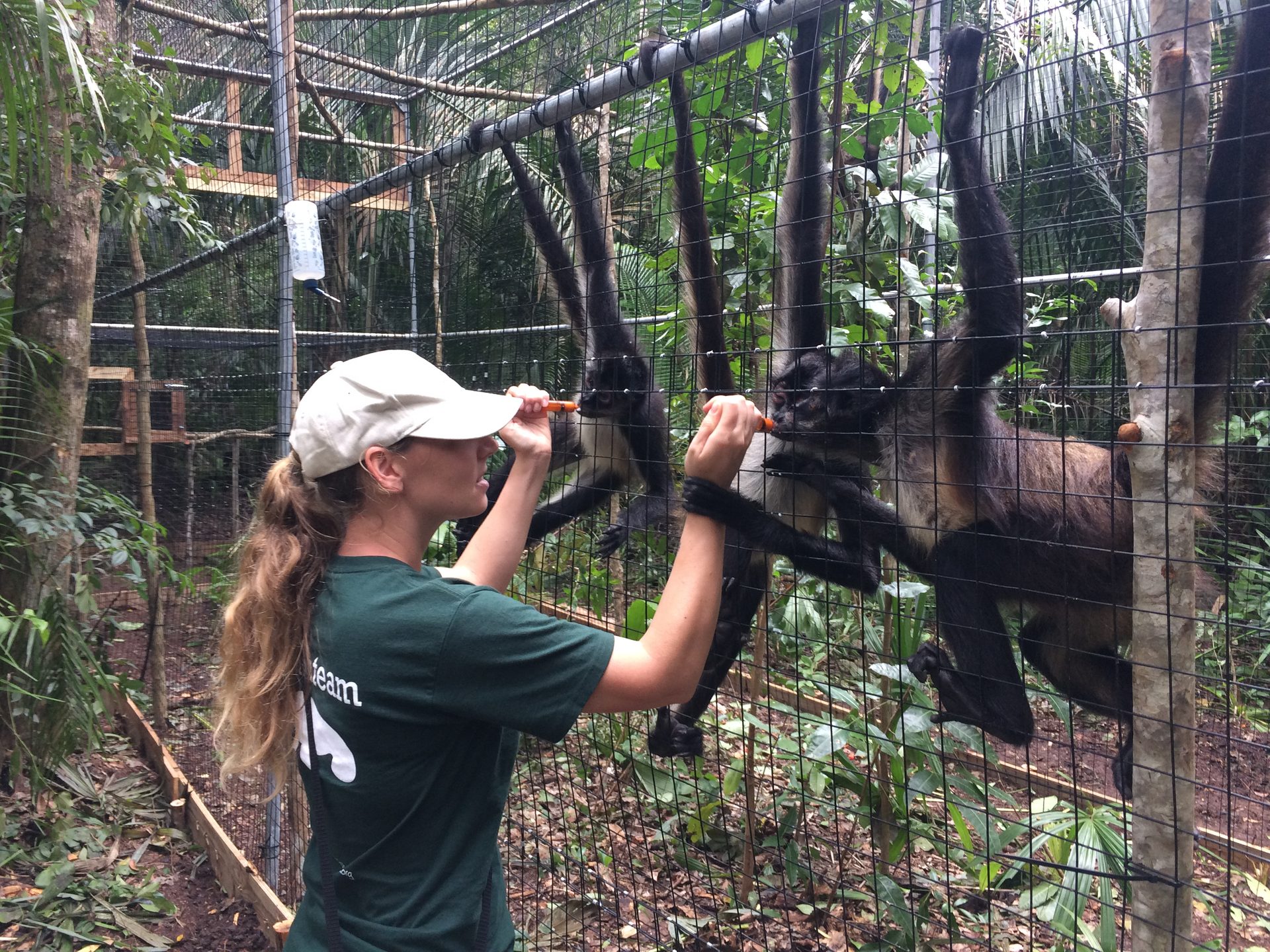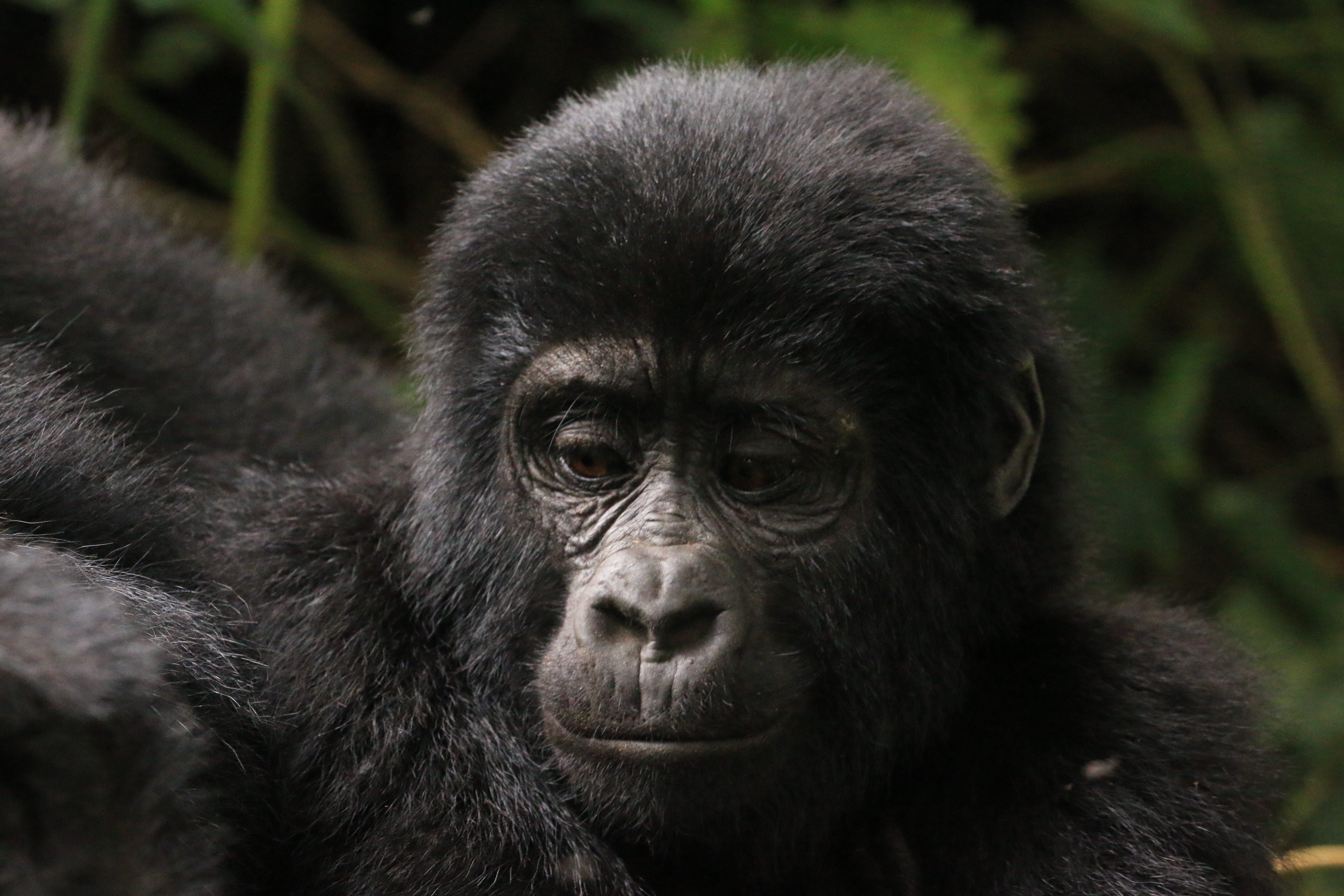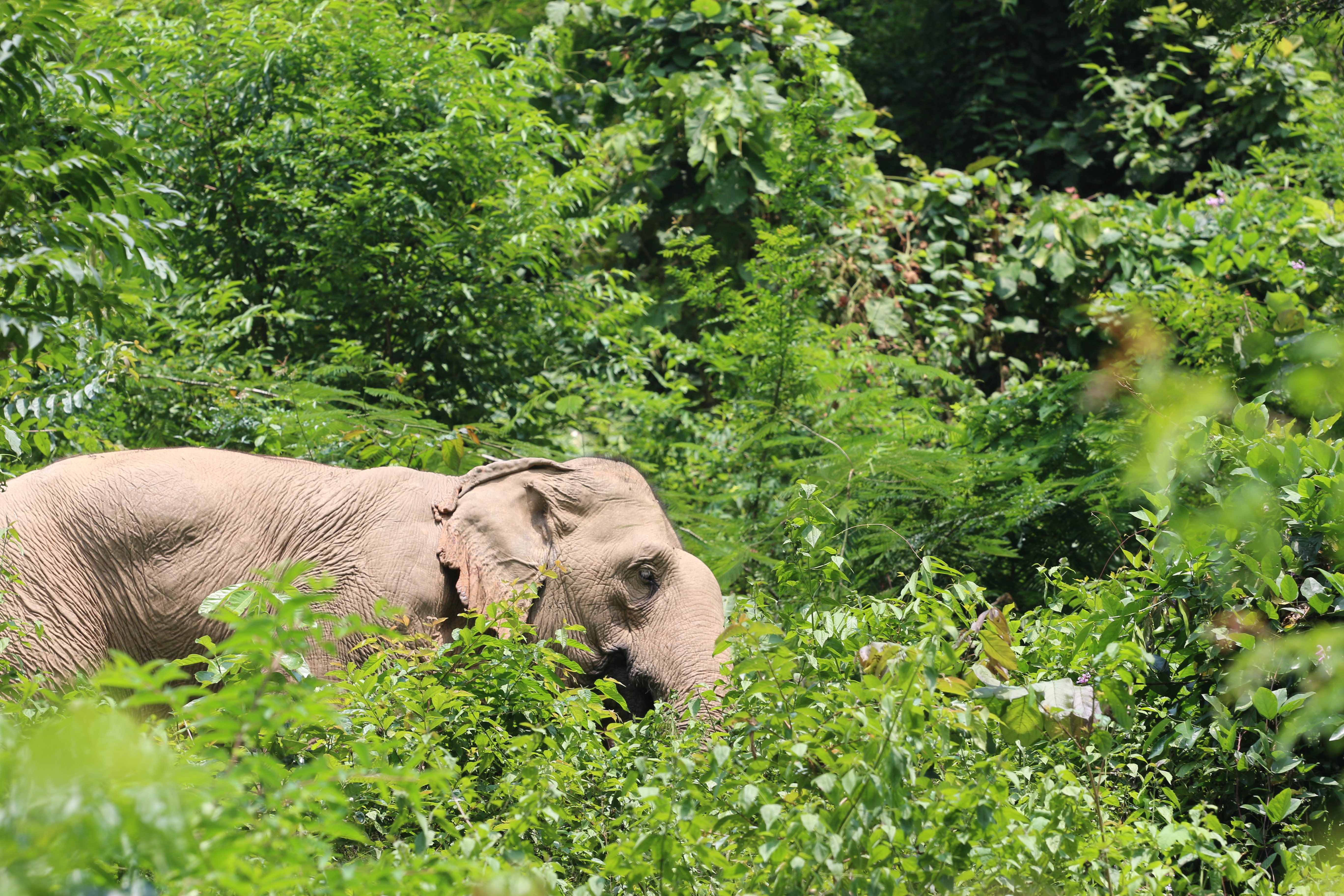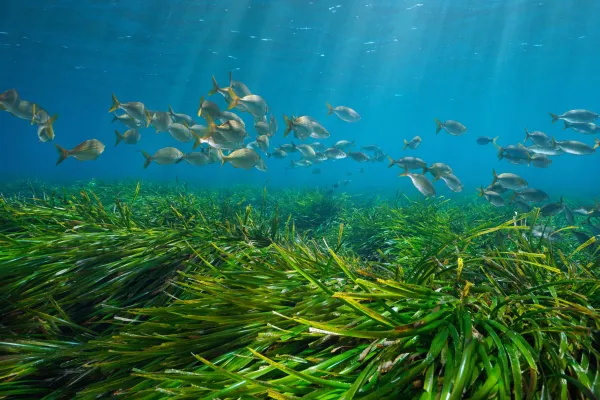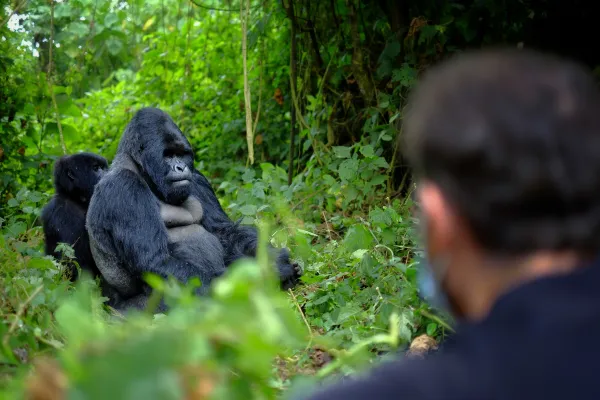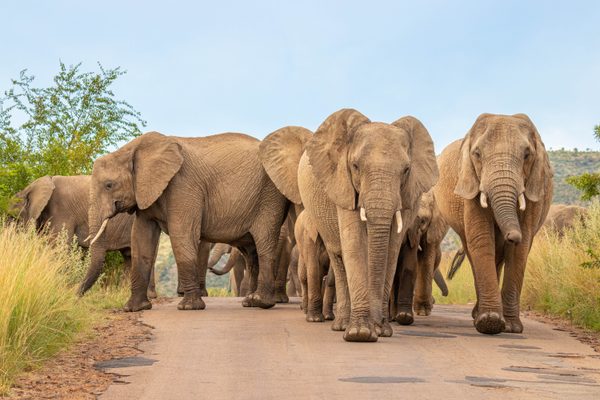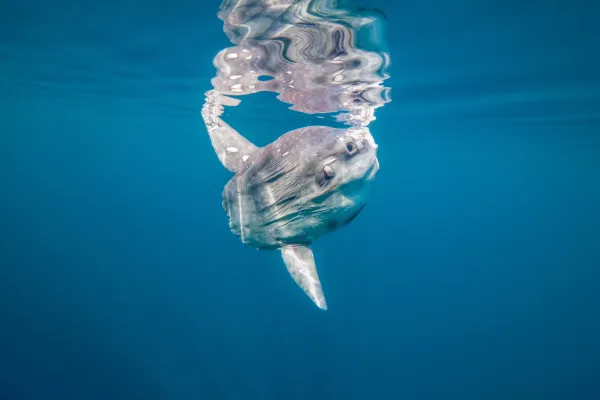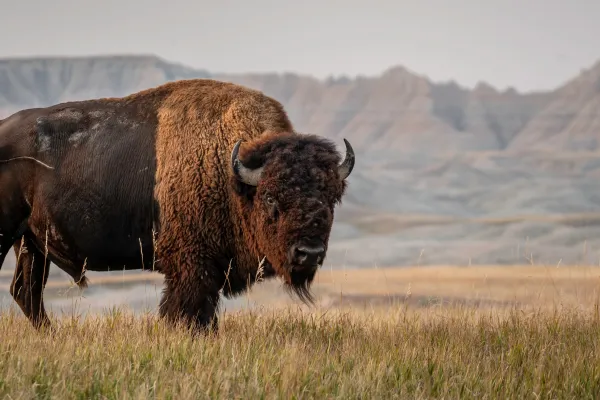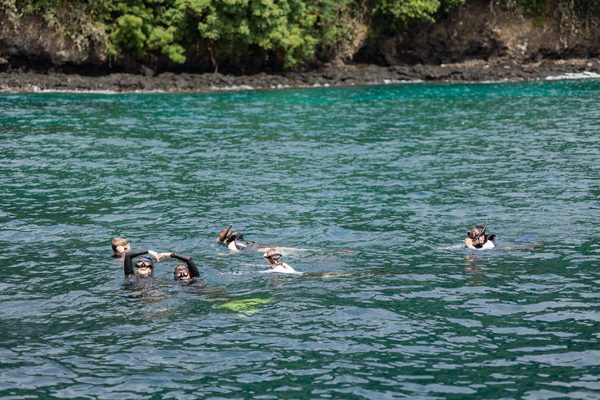Building skills and capacity for conservation
At Wilder International, capacity building comes in many forms, the focus on supporting like-minded organisations to reach their potential and maximise their impact is at the heart of what we do. Whether it’s working with wildlife sanctuaries, rescue centres, or field-based NGOs around the globe.
Protecting diverse habitats and rare and unique species ensures we can help as many conservationists, veterinarians, researchers, wildlife caregivers and communities as possible to achieve their missions of protecting the natural world.
How it all began: A realisation in Malaysia
The realisation of the need to build capacity within rescue centres, sanctuaries and conservation organisations in range countries came from a chance encounter at a conference in Malaysia.
As a zoological consultant, my role at this conference was to deliver presentations on nutrition for rescued gibbons during rehabilitation and long-term care. As a result of the talks, I had many organisations requesting help and support not only for nutrition but for husbandry, veterinary care and training and not just for gibbons but for orangutans, bears and many other species that found themselves in human care due to anthropogenic threats.
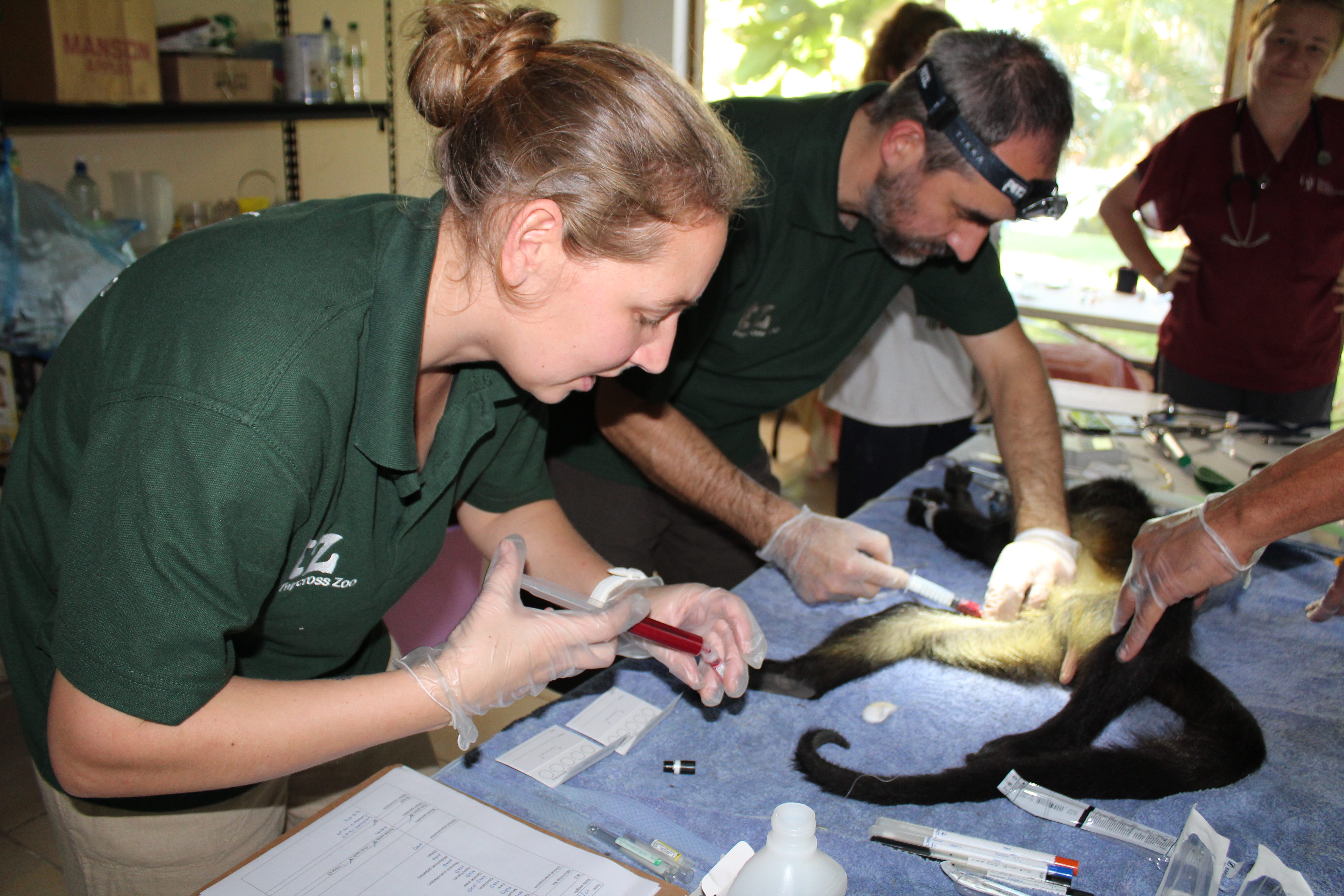
I found there were so many organisations doing incredible things on the front lines of conservation, and unfortunately, many are underfunded and under-resourced, leading to a lack of training, knowledge, funds and vital support needed to continue their work.
A few months after returning from Malaysia, Wilder International was founded, with a mission to build capacity for these incredible individuals who dedicate their lives to the conservation of some of the world's most ecologically rich habitats and endangered species.
What wildlife and conservation organisations really need
Many rescue centres, sanctuaries and conservation organisations request our support for various topics very specific to the issue they are facing at the time, a malnourished gibbon in need of an appropriate diet, a young chimpanzee in need of the right social skills to join a troop, a sanctuary in need of camera traps to monitor released animals. Most of these requests can be categorised into four main areas where we find the most support is needed:
1) Wildlife training and skills development
Having the right skills, knowledge, and training is vital for roles such as wildlife caregivers and veterinarians in sanctuaries and rescue centers, in order to provide the wildlife in their charge with the highest standard of care.
Having a veterinarian who can diagnose complex health issues or a keeper with an in-depth knowledge of nutrition or animal behaviour will ensure that not only the wildlife that comes into these facilities are cared for appropriately but also drastically improves their chances of release back into the wild. NGO’s often need support with advice and formal training for their sanctuary staff due to a lack of resources in their region.
This training can range from online courses to in-person workshops and cover an array of topics such as behaviour, nutrition, husbandry and species-specific health queries. Many of the sanctuaries we work with also value in-person help and support when conducting difficult procedures or projects such as dental extractions, pre-release health checks or challenging transports.
Supporting these organisations in this way not only helps them with the particular problem they are having at the time but also builds knowledge, skills and capacity for the future, contributing to the longevity of the project or organisation.
2) Efficient communication strategies
Communication is incredibly important for the success of any NGO and is often a topic that is severely overlooked and under-resourced. Communicating an organisation's mission, objectives, current projects, and successes can enhance its potential in various ways. Targeted communication on different platforms of media and in-person events can increase support for a project to help it achieve its mission.
The more people that are actively or passively supporting an organisation, the more opportunities it will create. From professional peers to celebrity patrons, every supporter has their part to play, and the more varied an organisation's supporters are, the wider they will cast their net. Having supporters from all professions and walks of life ensures a much more holistic and inclusive feel to your project and can create opportunities you never thought possible.
Consistent communication that focuses on your mission and objectives can increase a project's funding potential. Shouting about an organisation's successes can catch the eye of funders who prefer to build relationships with their grantees and can increase your exposure to broader audiences who may be looking to support a conservation initiative financially.
Effective communication can also educate your audience about the conservation issues your project aims to address. One of the most important aspects of any NGO is educating the public and in particular the communities or people that are directly involved in the issue and may have the potential to make choices which influence it. Effective communication can also create resources and documentation that can be used to influence policy directly, serving as an expert opinion or the latest research during policy reviews.
One of the most important reasons to communicate about your conservation project is to inspire. Thoughtful communication can inspire people of all ages to support your mission, take action to help your cause, or make meaningful changes in their own lives that will influence the future of our natural world. With every piece of communication, you could be inspiring a student to become a conservationist, a community member to become more sustainable or a government official to make a positive change. So, never underestimate the power of your words.
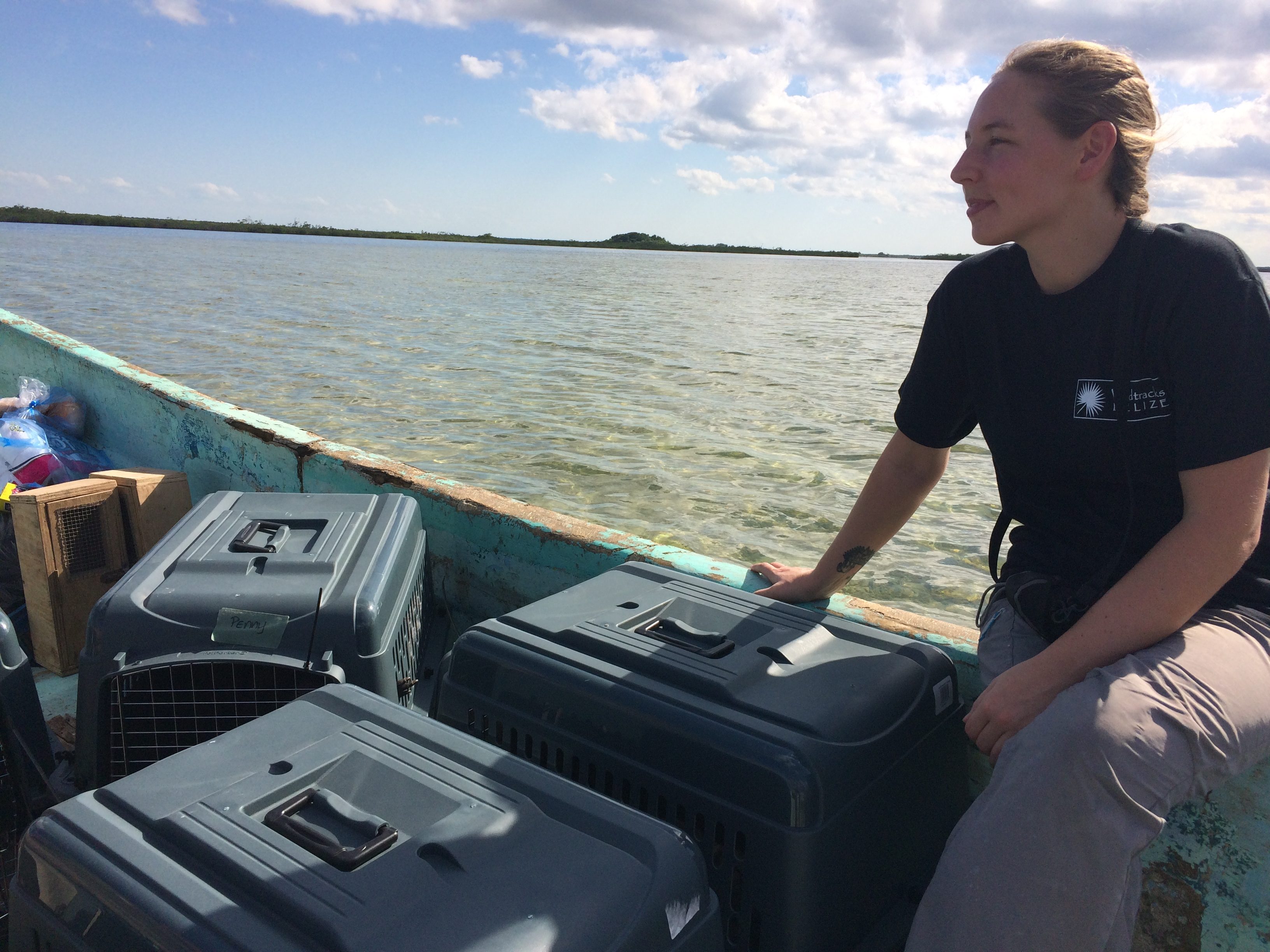
3) Conservation resources and equipment
Having adequate resources is most certainly a concern for most conservation organisations. Having enough funds to hire staff, food to feed sanctuary animals, equipment for researchers, materials to build enclosures and medications for veterinarians can be an ongoing battle for these vital institutions.
These resources also wear out over time, making the need for them ongoing and strenuous for the individuals involved, many of whom rely on public donations and the goodwill of others to continue their work.
4) Longterm funding for real impact
Acquiring sufficient funding can significantly determine the likelihood of an organisation's success and its ability to meet its aims and objectives.
Not only is funding valuable for ensuring the smooth running of the project, but it can also facilitate the hiring of additional staff members, further training of existing staff, the purchase of vital equipment, improved communication and marketing capabilities, increased exposure, and even further requests for support.
By their nature, funding is the one thing all NGOs will always need to facilitate their work, with many hours being spent filling in grant applications and funding proposals to facilitate this.
Whether the organisation is an NGO, a non-profit, a community interest company, a charity or even a combination of these, their overall structure will be similar in the sense that most of their finances will need to be raised instead of earned, and the funds acquired will go back into the organisation to achieve their conservation mission.
How can you support the right conservation projects?
To maximise the potential of a conservation organisation, all of these elements need to be supported. Wilder International and many other non-profits aim to address these gaps to support these organisations professionally to build their capacity and ensure their longevity, but how do the general public get involved in this solution?
Luckily, many of these individual elements, such as reduced resources and training, can be addressed with additional funding, but how do people wanting to support deserving organisations that are making a tangible difference to conservation determine the right projects to support?
There are an increasing number of organisations requesting support, but advances in technology and clever media tactics can make it incredibly difficult to place your support somewhere it will be used in an appropriate way and create the biggest impact on conservation.
Whether you’re planning to volunteer your time, lend resources or donate funds, it’s imperative to do your research on the organisation that is right for you. It is always advisable to speak to people who are actively involved in the organisation, or better yet, visit these projects yourself to gauge a better understanding of their vision.
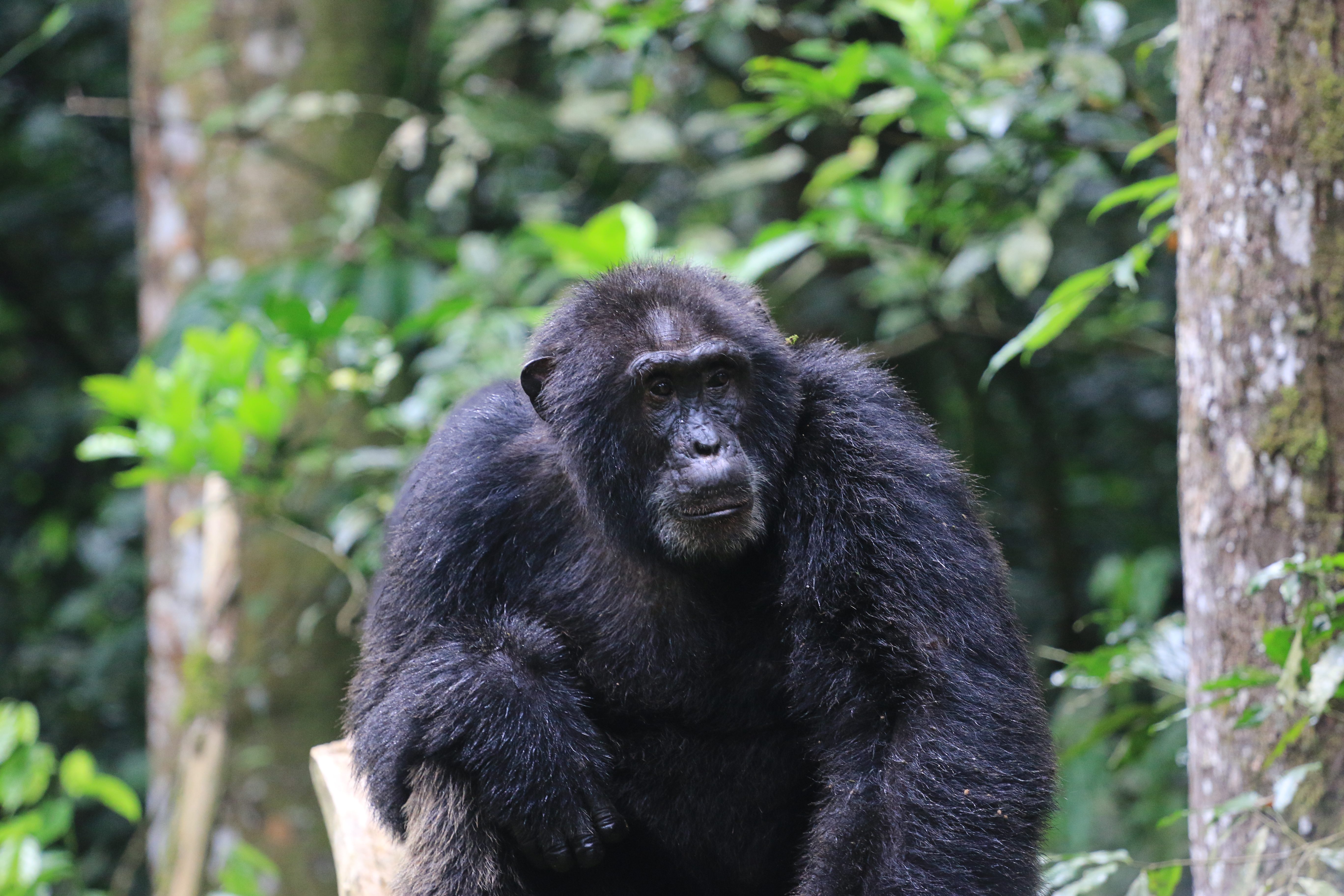
By supporting locally or community-run projects, you can ensure your time or funds will create the most significant impact. Sanctuaries and rescue centres that focus not only on providing wildlife displaced by anthropogenic threats, such as deforestation and the illegal wildlife trade, with appropriate care, but also seek to re-release these individuals where possible in a responsible manner, are a good indication of their commitment to conservation.
It is also advisable to look for sanctuaries with a more hands-off approach to wildlife management and viewing, and that do not actively breed rescued animals in their care, ensuring their capacity is reserved for individuals who really need it. An effective sanctuary or rescue centre will also ensure that it has an appropriate education program, tackling the root causes of the conservation threats that have led to the need for its services.
Many organisations also actively contribute to conservation training and research, making their impact more sustainable.
Everyone can contribute to conservation capacity
Whether you're a conservation professional, student, veterinarian, nature lover, or simply someone who cares — your actions matter. By supporting one another in protecting the environment, whether that’s educating a friend, donating to a cause or passing on knowledge and skills to another, we can form a network of people willing to support the planet, its vital habitats and the incredible wildlife that call them home.
Sign up for the newsletter
By clicking on “Subscribe now” I will subscribe to the Conscious Explorer newsletter with all the information about mindful travel. Information on the success measurement included in the consent, the use of the shipping service provider MailChimp, logging of the registration and your rights of revocation can be found in our privacy policy.

